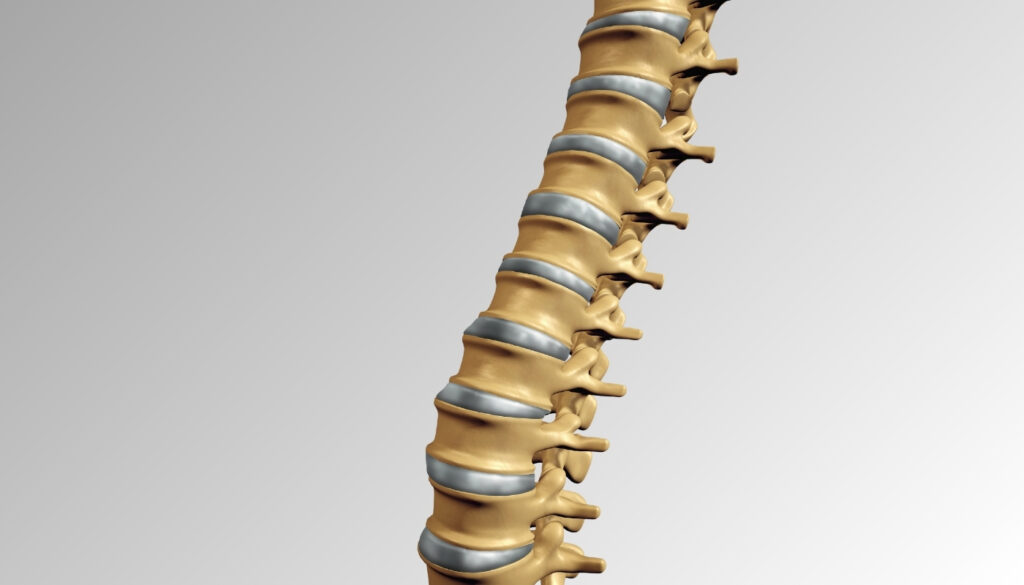Thoracic spine surgery might sound like a complex topic, but it’s crucial for many people dealing with spine issues. Think of your spine as the backbone of your body – quite literally! The thoracic spine, which is the middle part of your spine, plays a vital role in keeping you upright and supporting your body’s movements. However, when things go wrong, like injuries or conditions affecting this area, it can cause a lot of discomfort and limit your mobility.
That’s where top thoracic spine surgeons come in. These are the experts who specialize in treating problems specifically in the thoracic region of the spine. They have the skills, experience, and knowledge to perform surgeries that can make a huge difference in people’s lives.
In this blog post, we’re going to dive into the world of thoracic spine surgery and shine a spotlight on some of the best surgeons out there. So, if you’ve ever wondered who’s at the top of their game in this field, you’re in the right place! Let’s explore together.
Table of Contents
Best Thoracic Spine Surgeons in the World
Identifying the absolute “best” thoracic spine surgeons in the world can be subjective, as expertise, specialization, and contributions to the field vary among professionals. However, several thoracic spine surgeons are widely recognized for their exceptional skill, groundbreaking research, and commitment to advancing patient care. Here’s an overview of some of these renowned surgeons:
Dr. Kayhan Turan – Spinal Cord Injury Specialist
- Renowned orthopedic surgeon specializing in robotic-assisted arthroplasty.
- Founder and head-chief of Turan & Turan Health Group, pioneering robotic orthopedic surgery in Turkey.
- Over 25 years of experience, with more than 2000 robotic-assisted knee and hip arthroplasties performed.
- Trained at prestigious institutions including İstanbul University Çapa Medical Faculty and Northwestern University Medical School.
- Active member of international organizations like the American Association of Orthopaedic Surgeons (AAOS) and Turkish Medical Association (TTB).
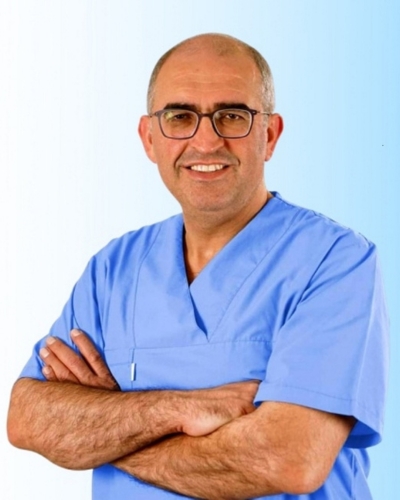
Dr. Jesus Raul Arjona Alcocer – Sports medicine specialist
- Highly skilled orthopedic surgeon certified by the Mexican Council of Orthopedics and Traumatology (CMOT).
- Active member of ISAKOS and AMECRA, contributing to the advancement of orthopedic surgery and arthroscopy.
- Known for providing personalized care and performing over 3000 procedures.
- Dedicated to community service, offering surgical services to children at a Puerto Vallarta orphanage.
- Fluent in English, facilitating effective communication with international patients.
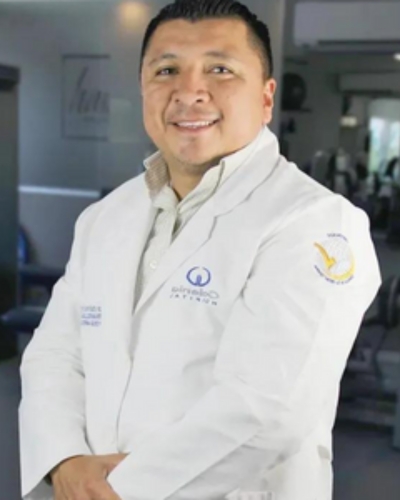
Dr. Max Greig – Orthopedic surgeon
- Dual citizen of Mexico and the United States, specializing in orthopedic surgery.
- Extensive training in Germany, the United States, and Mexico, including a fellowship in joint replacement and shoulder surgery.
- Active member of prestigious organizations such as AAOS, AAHKS, and AMOT-FEMECOT.
- Philanthropic efforts include donating surgical services to children and serving as Medical Director of Puerto Vallarta’s first medical school.
- Fluent in English, Spanish, and German, enhancing communication with patients globally.

Dr. Murat Tiftikci – Spinal cord injury specialist
- Certified orthopedic surgeon with over 27 years of experience in neurosurgery.
- Specializes in treating spine-related conditions and is a member of the Turkish Neurosurgical Society.
- Extensive training in Germany and the United States, including a fellowship in joint replacement and shoulder surgery.
- Known for his commitment to advancing neurosurgical practice and patient care in Mexico.
- Fluent in English, Turkish, and German, facilitating communication with a diverse patient population.
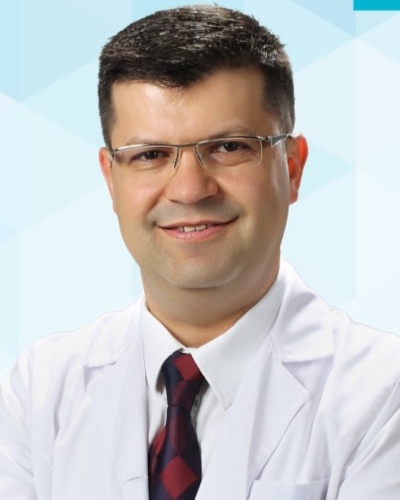
Dr. Heber Avitia – Orthopedic Surgeon
- Distinguished orthopedic surgeon in Mexico, specializing in joint replacements and spine surgeries.
- Active member of several professional organizations including AAOS and AMOT-FEMECOT.
- Known for his dedication to patient care and philanthropic efforts, including donating surgical services to a Puerto Vallarta orphanage.
- Fluent in English, Spanish, and German, enabling effective communication with patients from various backgrounds.
- Holds leadership roles in medical institutions and is involved in medical education and training programs.
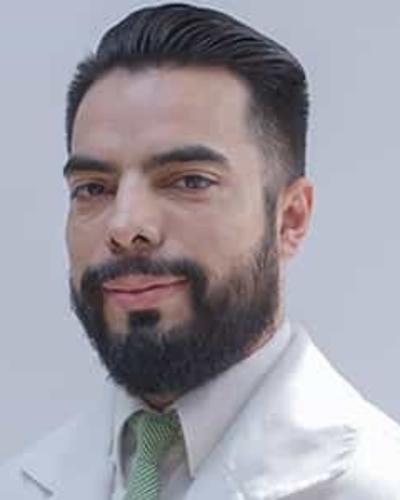
Criteria for Selecting the Best Thoracic Spine Surgeons
Selecting the best thoracic spine surgeons requires careful consideration of several key criteria to ensure patients receive optimal care and outcomes. Here are some essential criteria to consider:
Credentials and Certification: Ensure the surgeon is board-certified in orthopedic surgery, neurosurgery, or a related specialty. Look for additional certifications or fellowships specifically in spine surgery, indicating specialized training and expertise.
Experience and Expertise: Consider the surgeon’s years of experience specifically in thoracic spine surgery. Review the surgeon’s track record of successful procedures and patient outcomes, particularly for complex spine conditions.
Specialization and Focus: Seek surgeons who specialize in thoracic spine surgery rather than general orthopedic or neurosurgical practice. Look for surgeons with a focus on minimally invasive techniques, which can lead to faster recovery times and reduced risk of complications.
Hospital Affiliations and Facilities: Evaluate the hospitals or medical centers where the surgeon practices and performs surgeries. Consider facilities with state-of-the-art equipment, dedicated spine centers, and a multidisciplinary approach to spine care.
Patient Reviews and Testimonials: Read patient reviews and testimonials to gauge the surgeon’s reputation and patient satisfaction. Look for feedback on communication, bedside manner, and overall experience with the surgeon and their team.
Research and Innovation: Consider surgeons who are actively involved in research and innovation in the field of thoracic spine surgery. Look for participation in clinical trials, publication of research findings, and adoption of advanced techniques and technologies.
Communication and Patient-Centered Care: Choose a surgeon who communicates effectively and listens to patients’ concerns and preferences. Look for a surgeon who takes a patient-centered approach, involving patients in treatment decisions and providing thorough pre-operative and post-operative care.
Referrals and Recommendations: Seek referrals from primary care physicians, specialists, or trusted healthcare professionals. Ask friends, family members, or colleagues who have undergone spine surgery for recommendations based on their experiences.
FAQs about Thoracic Spine Surgery and Surgeons
What is thoracic spine surgery?
Thoracic spine surgery involves procedures performed on the middle section of the spine, known as the thoracic region. It aims to treat various conditions and injuries affecting this area, such as herniated discs, spinal stenosis, fractures, and tumors.
When is thoracic spine surgery necessary?
Thoracic spine surgery may be necessary when conservative treatments, such as medication, physical therapy, and injections, fail to alleviate symptoms or when there’s a severe spinal condition or injury causing significant pain, weakness, or mobility issues.
Who needs thoracic spine surgery?
Individuals with conditions or injuries specific to the thoracic spine, such as severe degenerative disc disease, spinal deformities (e.g., kyphosis or scoliosis), spinal tumors, or traumatic injuries, may require thoracic spine surgery. The decision for surgery depends on various factors, including the severity of the condition and the individual’s overall health.
How do I find the best thoracic spine surgeon?
Finding the best thoracic spine surgeon involves researching their credentials, experience, expertise in thoracic spine surgery, patient outcomes, and reputation in the medical community. Referrals from primary care physicians or other specialists and seeking second opinions can also help in making an informed decision.
What qualifications should I look for in a thoracic spine surgeon?
Look for surgeons who are board-certified in orthopedic surgery or neurosurgery and have specialized training or fellowship in spine surgery, particularly in thoracic spine procedures. Experience, patient outcomes, involvement in research, and recognition in the field are also essential qualifications to consider.
What are the risks associated with thoracic spine surgery?
Like any surgical procedure, thoracic spine surgery carries certain risks, including infection, bleeding, nerve damage, blood clots, and complications related to anesthesia. The specific risks depend on the type of surgery performed and the individual’s overall health condition.
What is the recovery process like after thoracic spine surgery?
The recovery process varies depending on the type of surgery performed, the individual’s overall health, and the severity of the condition. Generally, patients may need to undergo physical therapy, follow post-operative instructions, and gradually resume activities as advised by their surgeon. Full recovery may take several weeks to months.
Are there alternatives to thoracic spine surgery?
In some cases, conservative treatments such as medications, physical therapy, injections, and lifestyle modifications may effectively manage thoracic spine conditions without the need for surgery. However, if conservative measures fail to provide relief or if the condition worsens, surgery may be recommended.
What advancements are being made in thoracic spine surgery?
Advancements in thoracic spine surgery include minimally invasive techniques, robotic-assisted surgery, navigation systems for precise placement of implants, and advancements in anesthesia and pain management. These innovations aim to improve surgical outcomes, minimize complications, and enhance patient recovery.
Ready to take the next step towards a healthier spine? Schedule a consultation with our expert thoracic spine surgeons today and discover personalized treatment options tailored to your needs. Don’t let spine pain hold you back – book now!

